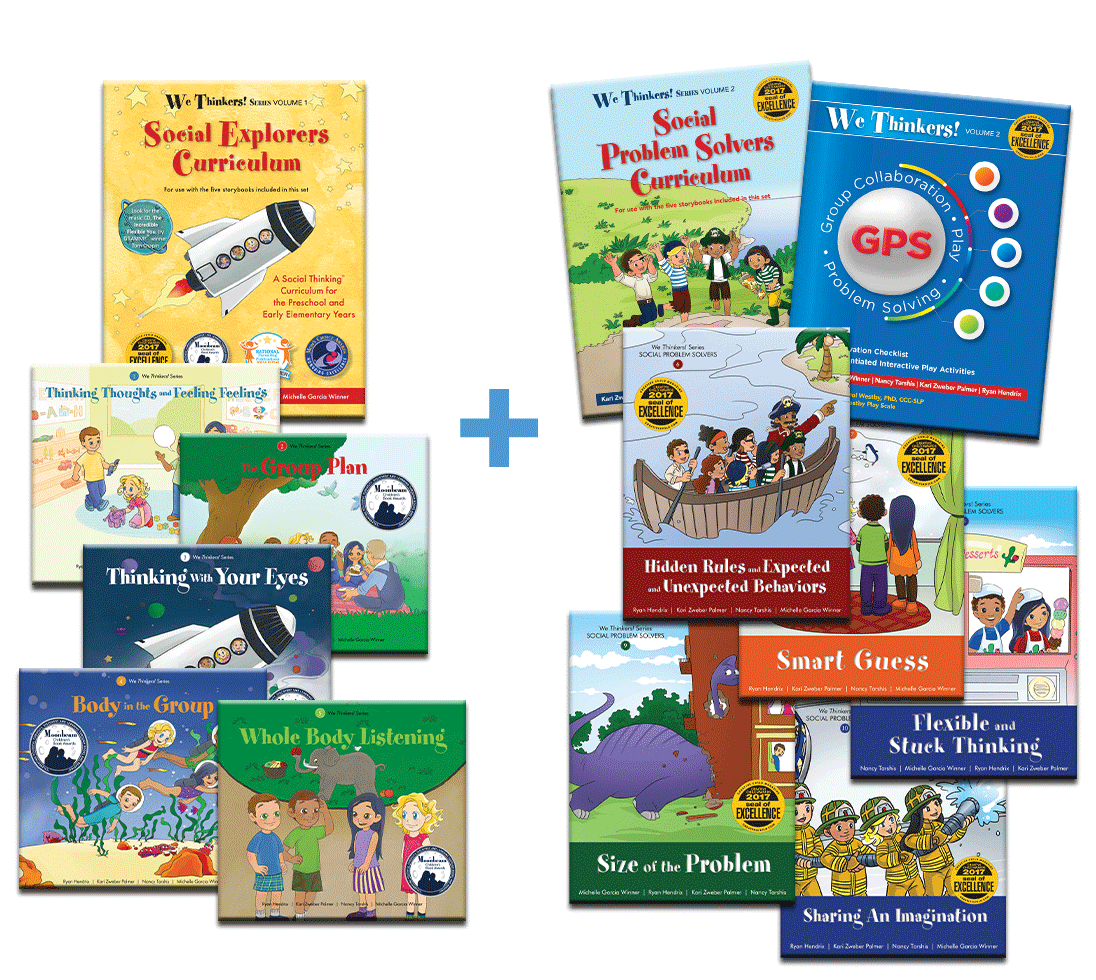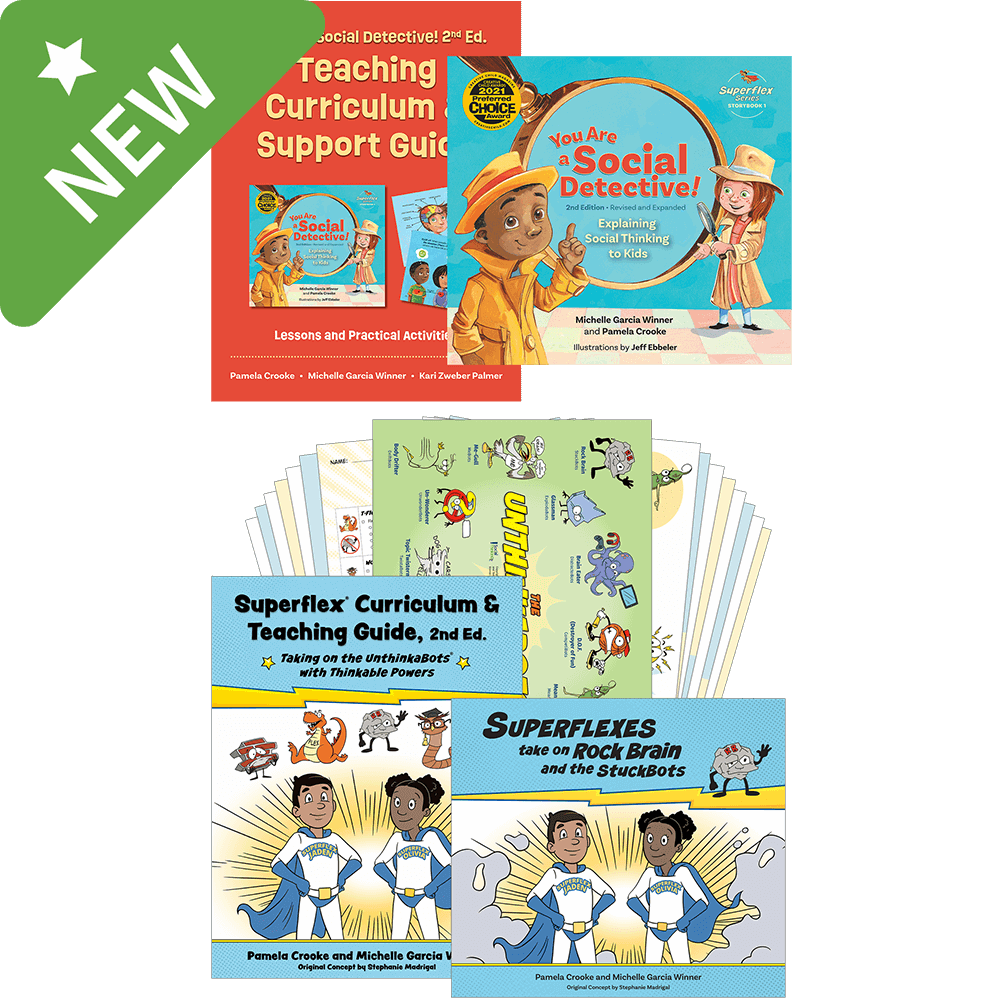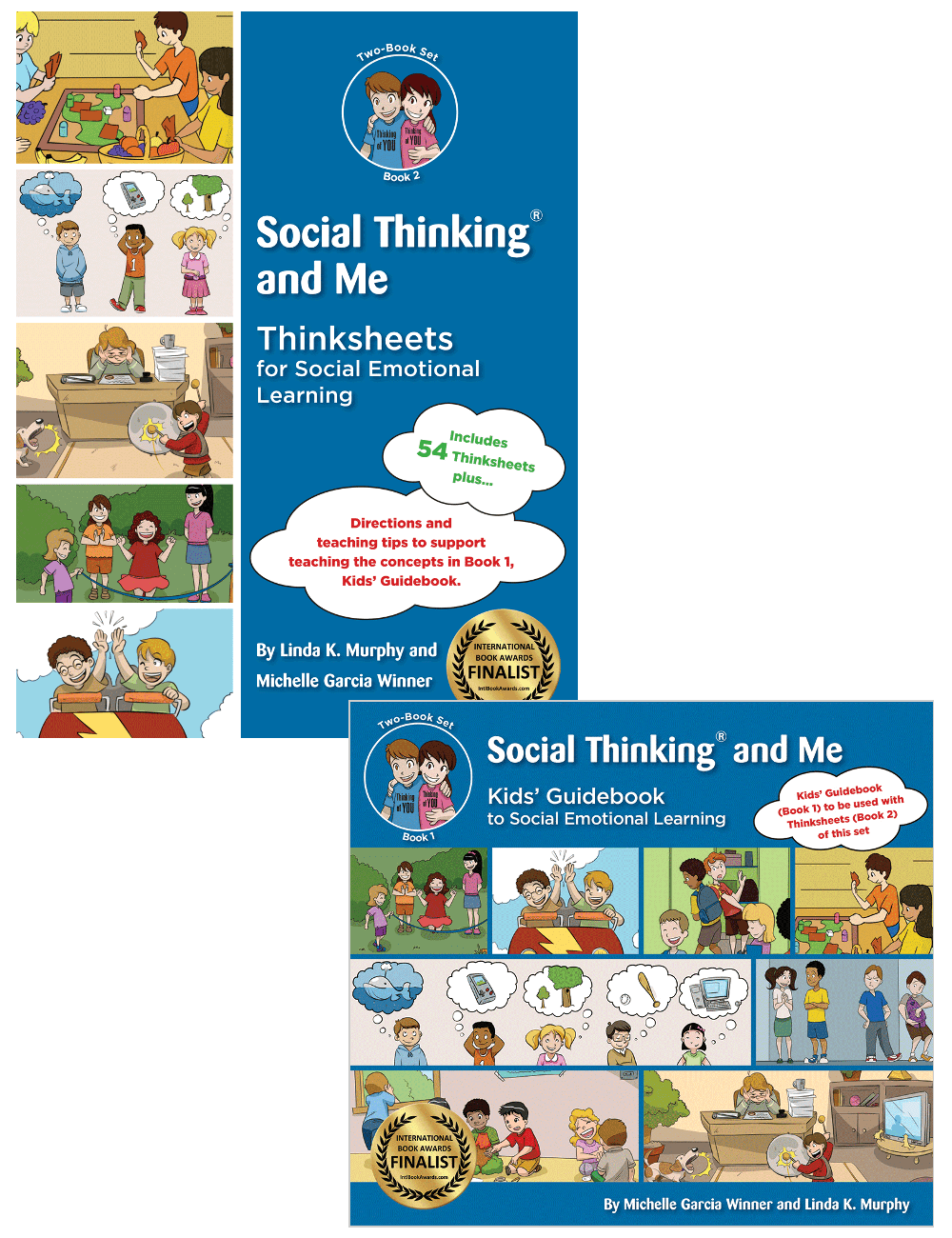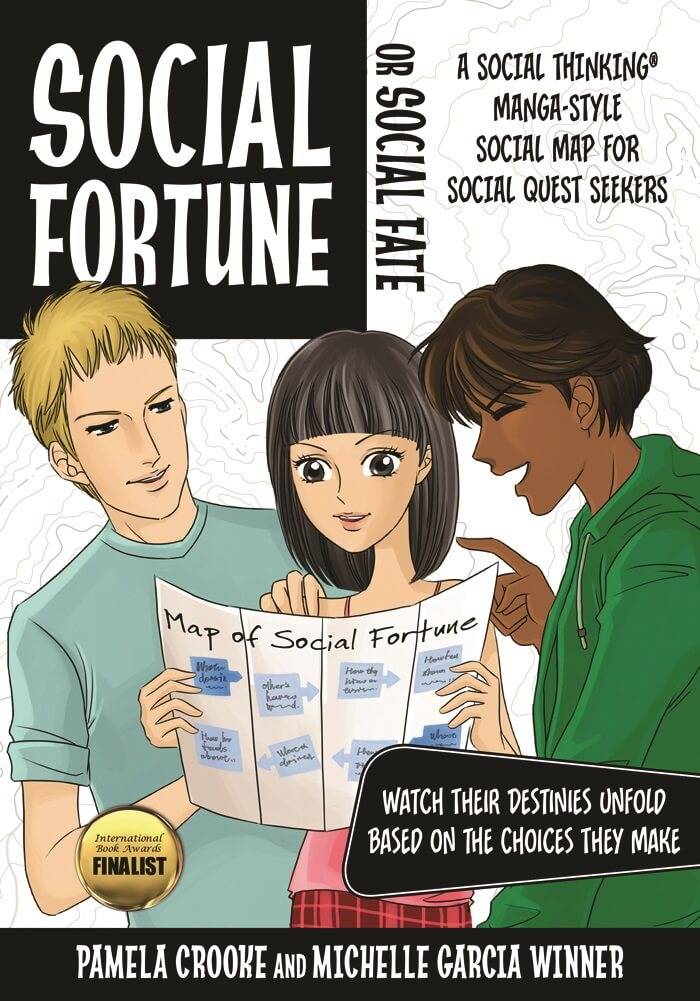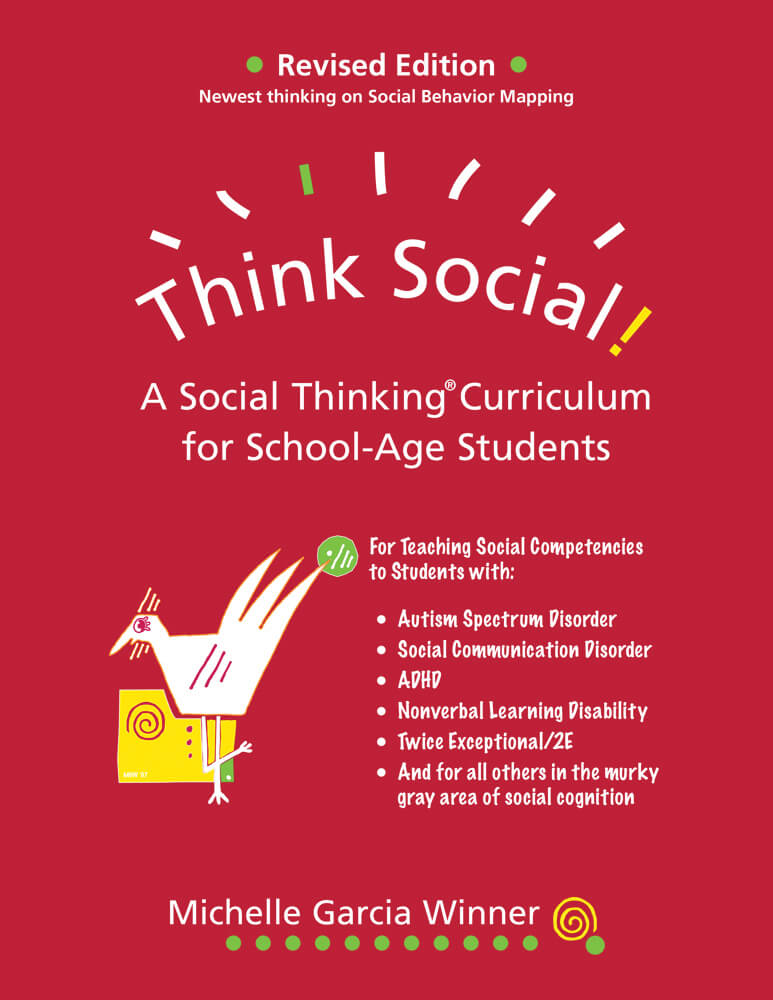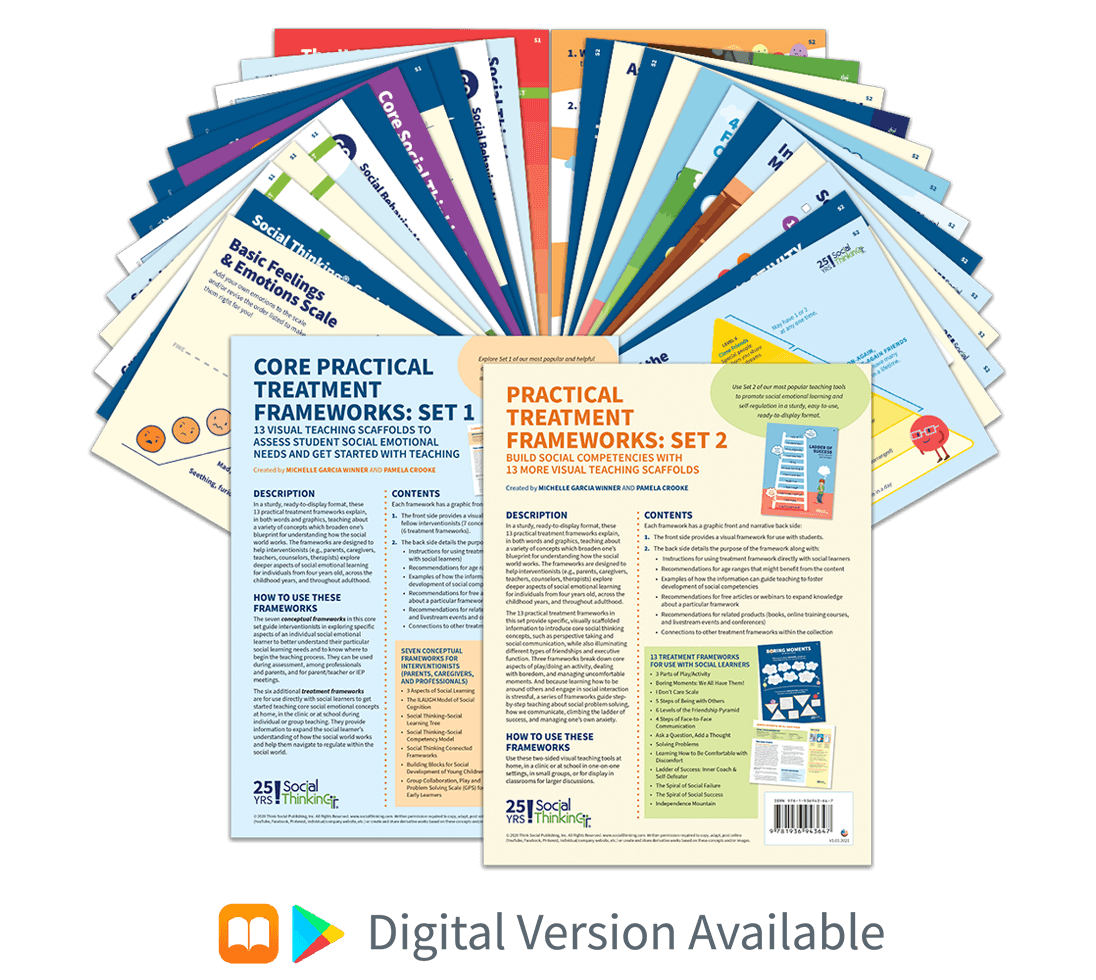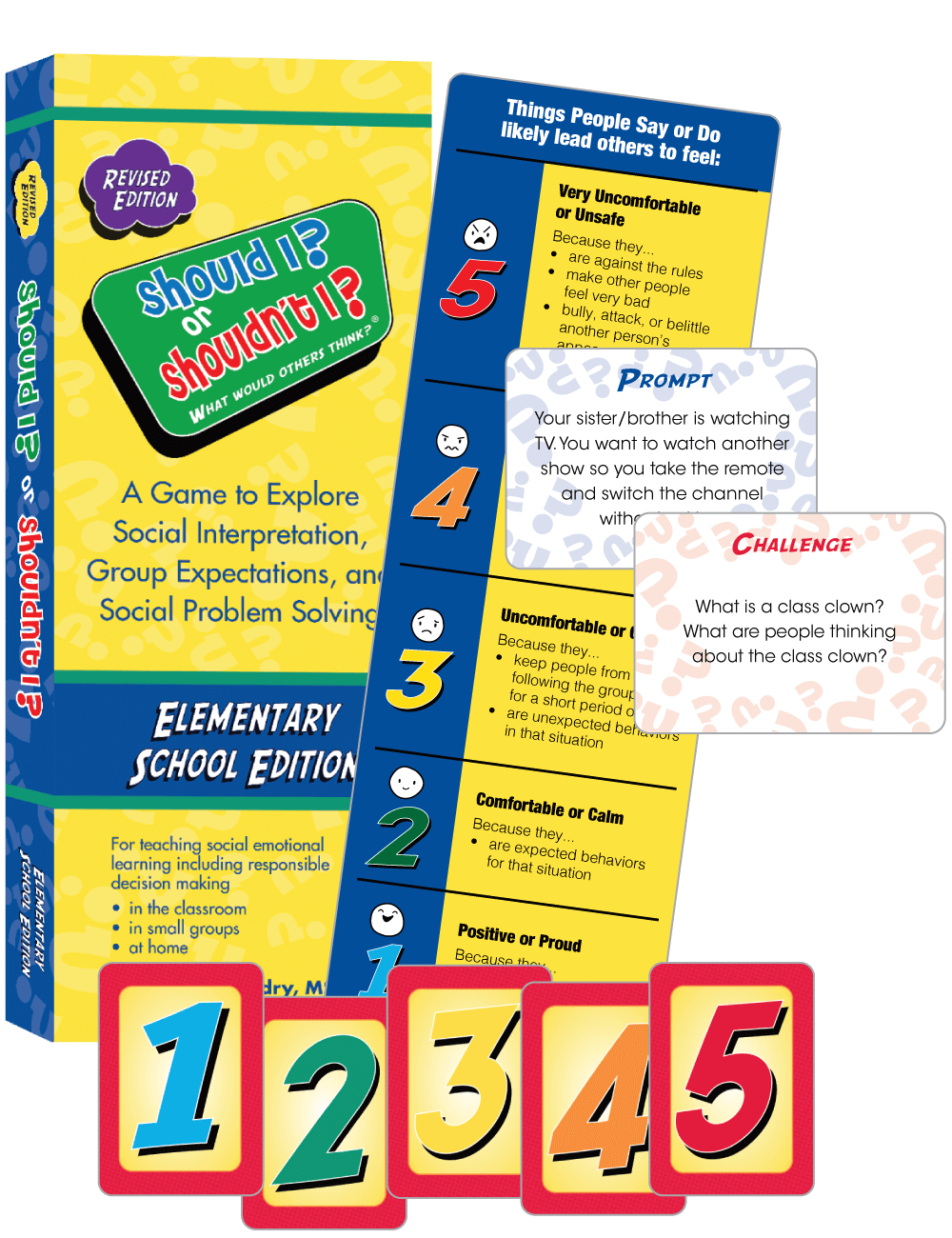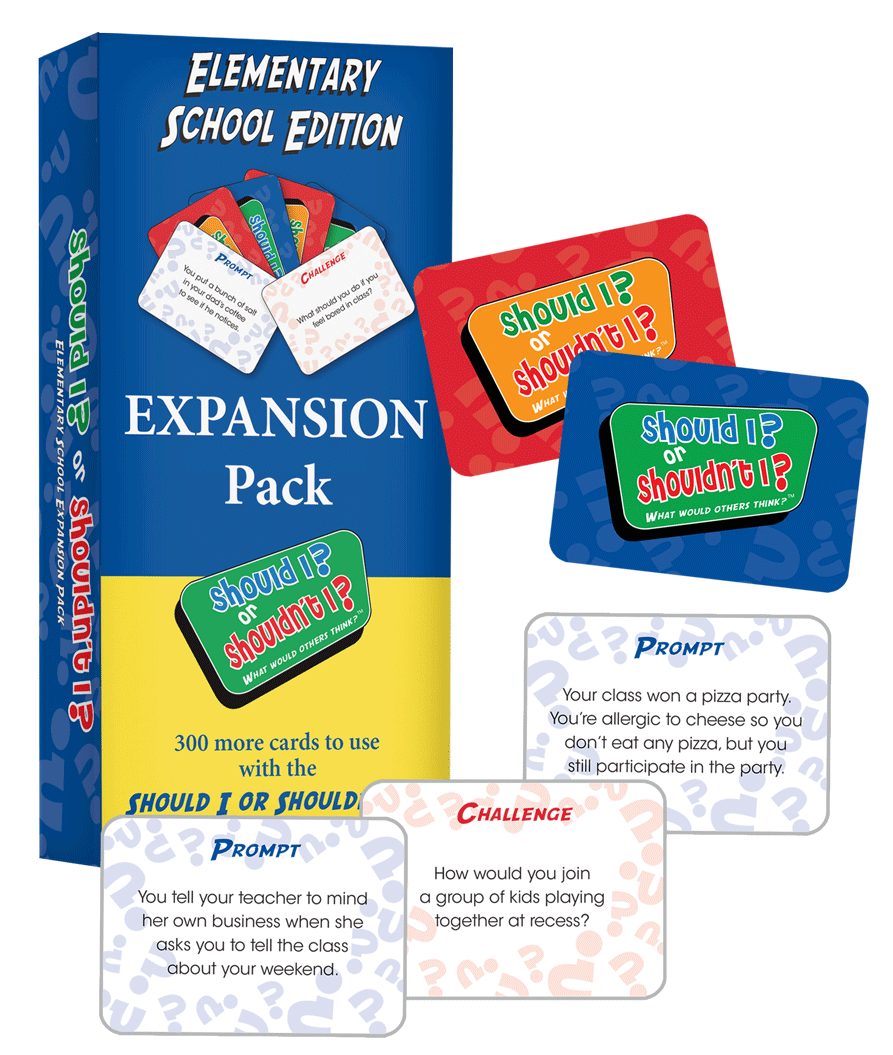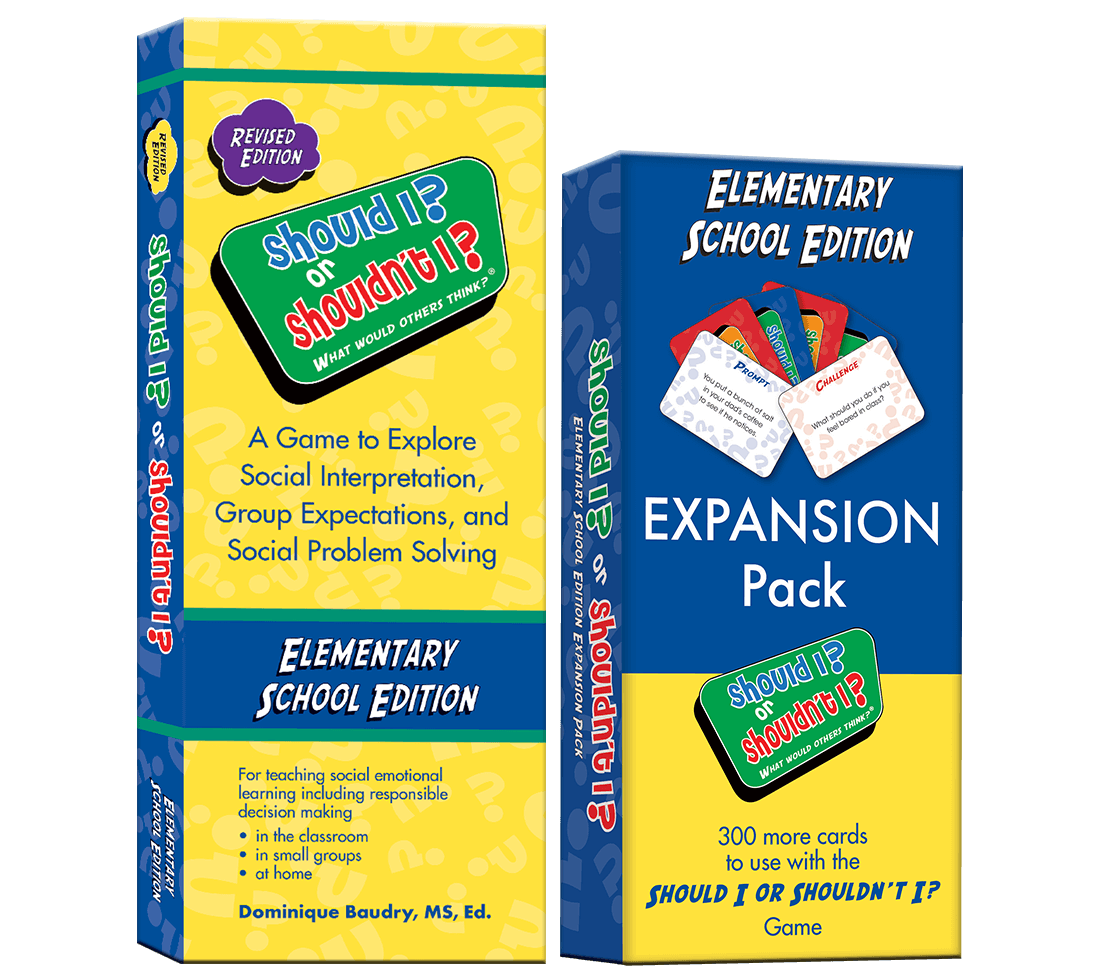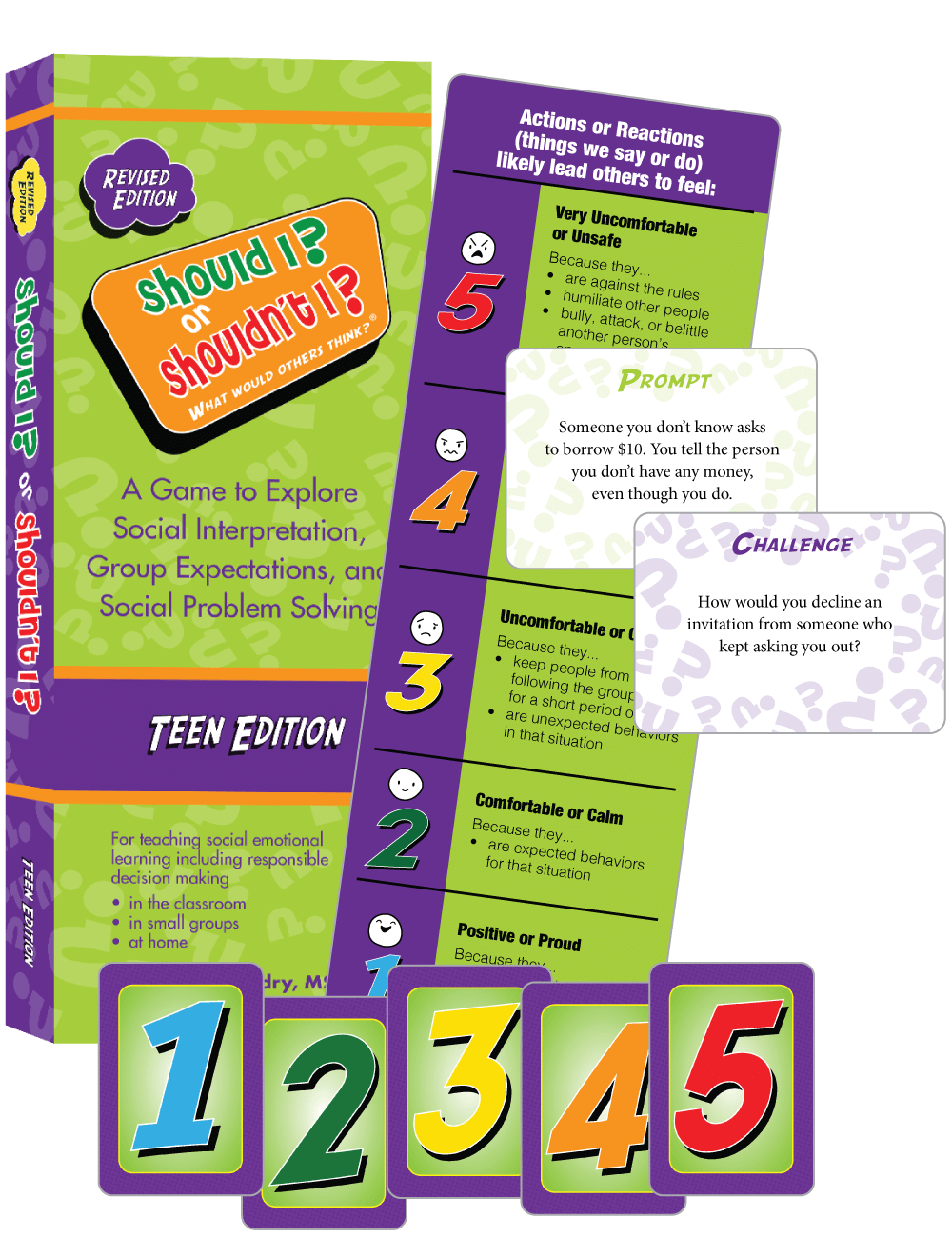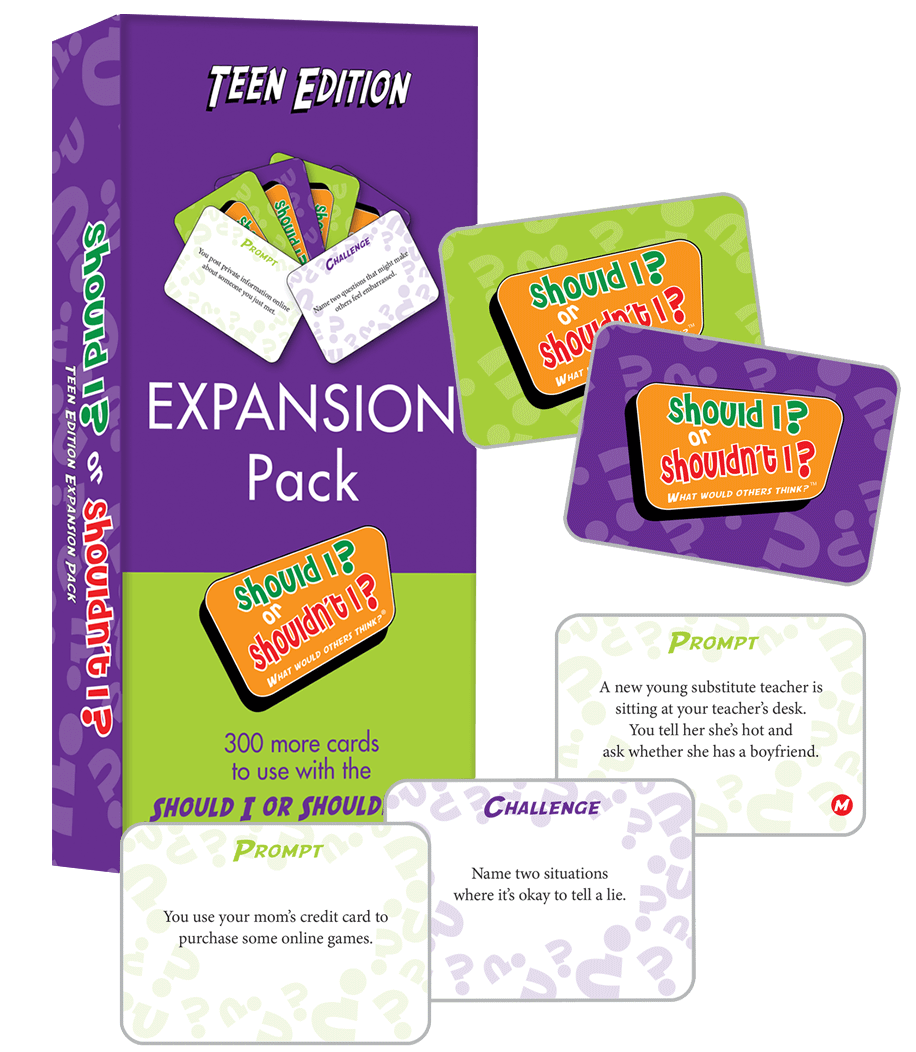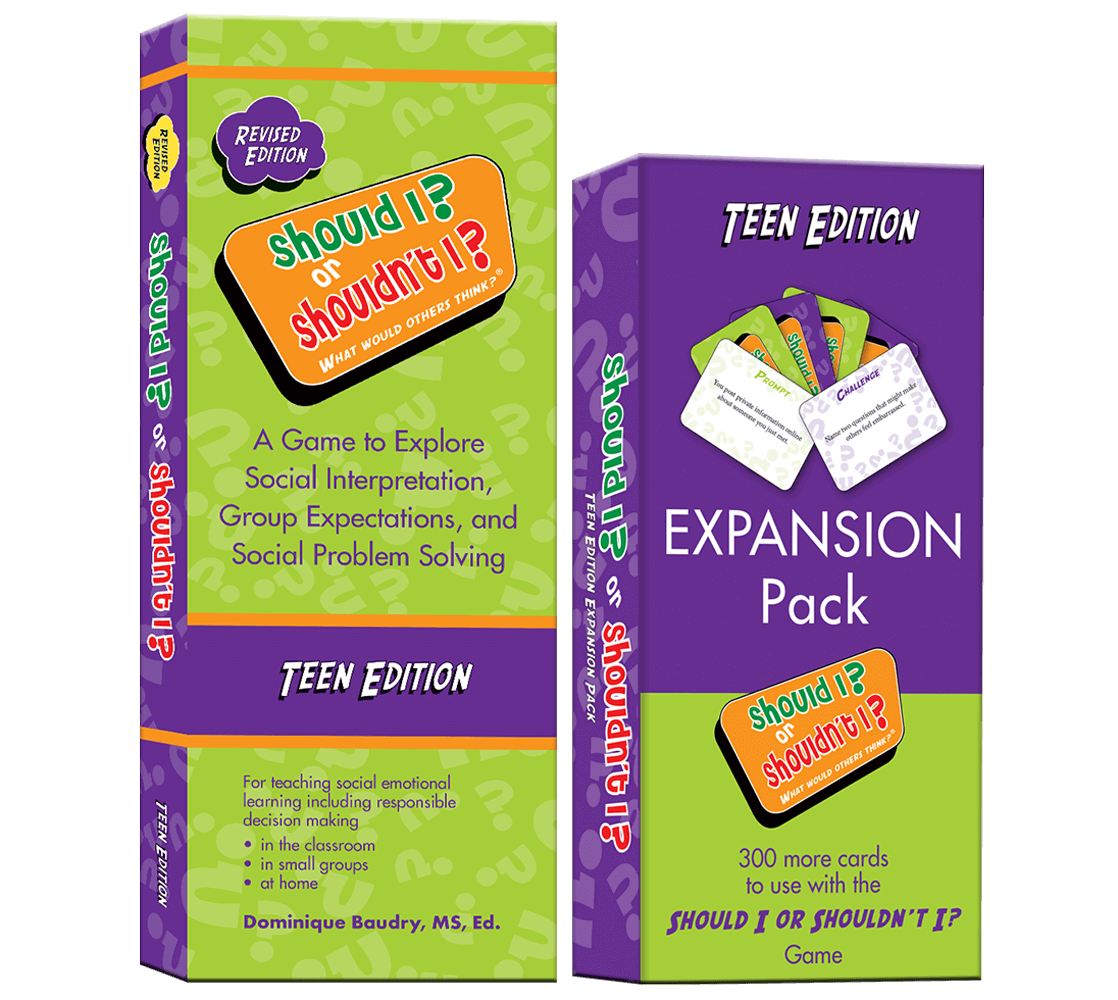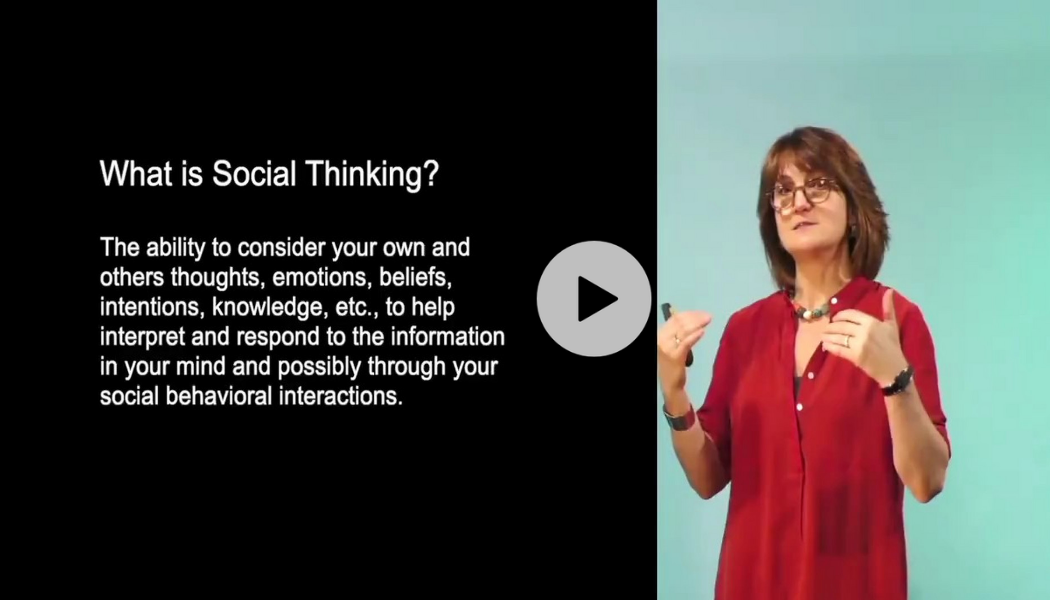Early Learners (Ages 4-7)
Helping Early Learners Build Social Competencies Using the We Thinkers! Curriculum Series
This strategy filled course delves into crucial aspects of building social competencies in preschool and early elementary-age students (ages 4-7). Explore how flexible thinking, social language, self-regulation, and social and emotional development are vital for developing collaborative interactions in group settings, both on the playground and in the classroom. Gain insights from a research perspective on the impact of executive functioning, social attention, and social problem solving through the lens of our award-winning We Thinkers! curriculum series. Walk away with practical strategies and examples to seamlessly integrate social learning concepts into your existing teaching methods.
8/1/2024 5:29:00 AM
Expires

Get Recording









